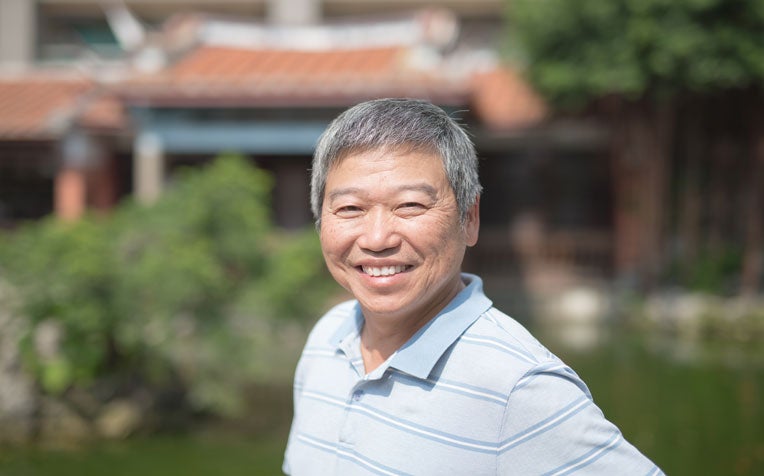HealthXchange will NEVER ask you to transfer money over a call. If in doubt, call the 24/7 ScamShield helpline at 1799, or visit the ScamShield website at www.scamshield.gov.sg.
Andropause or Male Menopause: What Causes It?

Andropause is usually triggered by low testosterone levels.
Have you been losing interest in sex and feeling rather weak, tired and moody lately? If you are a male past middle age, you may be experiencing symptoms of andropause, the so-called “male menopause”.
What you need to know about andropause
A primary care clinic-based health screening conducted on 1,000 men in Singapore between 2007 and 2009 showed that 26.4 per cent suffered from some form of androgen (male hormone) deficiency or a low level of testosterone.
“Andropause is not as well studied as menopause. It’s known that certain men may have lower male hormone levels in their 50s, but no well-established hereditary, social or behavioural factors have been found that may put a person at higher risk of early andropause,” says Dr Kaysar Mamun, Senior Consultant at the Department of Geriatric Medicine, Singapore General Hospital (SGH), a member of the SingHealth group.
What causes andropause?
Andropause is usually triggered by low testosterone. Testosterone is responsible for male physical characteristics such as body and facial hair, deep voice, muscle strength, strong sexual drive and competitive behaviour. The testes produce less testosterone as men age.
However, certain medical conditions can also trigger early andropause, such as testicular cancer and the surgical removal of the testes. Prostate cancer patients who receive anti-testosterone therapy to maintain very low testosterone levels can also experience andropause.
Symptoms of andropause
The onset of andropause may cause significant physical, psychological and emotional changes in men, including:
- Loss of concentration
- Low energy levels and fatigue
- Change in attitude and mood swings
- Depression
- Low sex drive
- Erectile dysfunction
- Other symptoms may include loss of muscle mass and strength, problems with memory and insomnia.
Read on to to learn about
treatments for andropause and the risks of testosterone supplements.
Related Articles
Public Events
Get the Health Buddy App
© 2025 SingHealth Group. All Rights Reserved.














 Get it on Google Play
Get it on Google Play